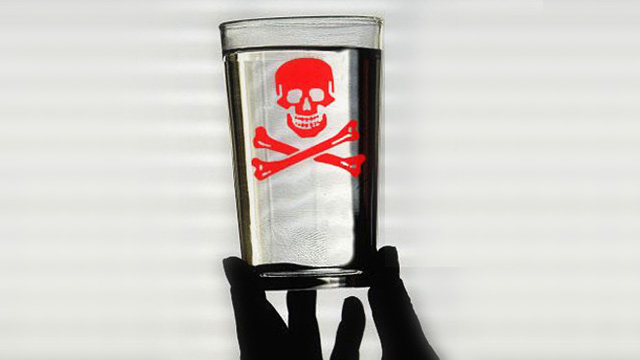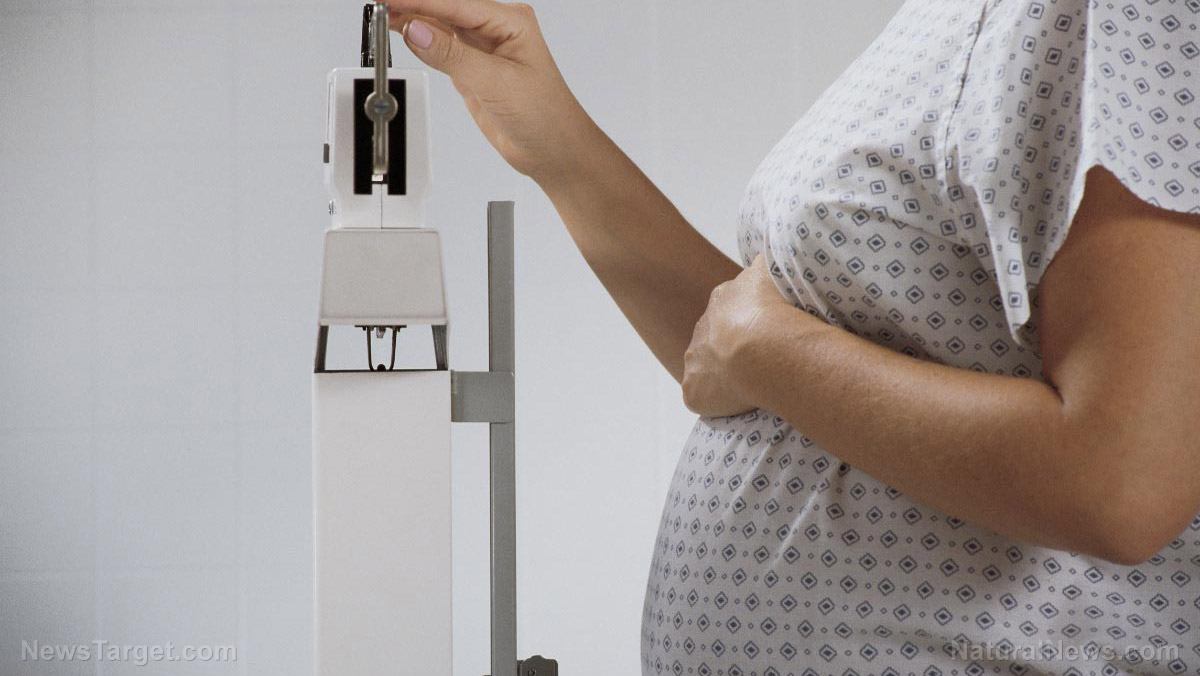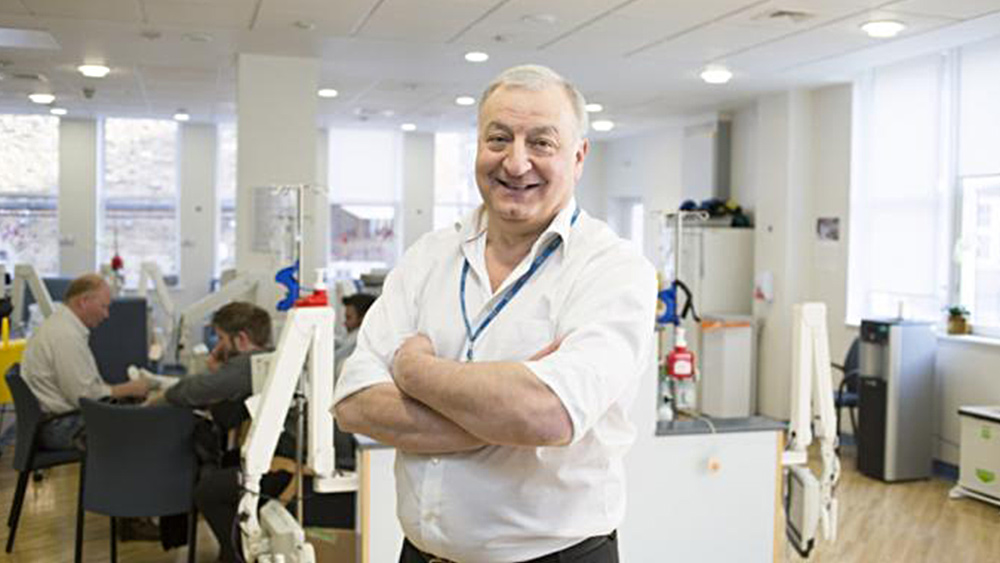Actos, a commonly prescribed drug for diabetes, can give you bladder cancer
12/14/2018 / By Zoey Sky

The drug pioglitazone (brand name Actos) can allegedly help control and regulate blood sugar in people with type 2 diabetes. However, the results of a study have revealed that some patients with diabetes who used the toxic drug eventually developed bladder cancer.
The study was published in The British Medical Journal (BMJ).
The deadly side effects of Actos
Pioglitazone belongs to a class of drugs called thiazolidinediones that help regulate blood sugar in individuals with type 2 diabetes. Rosiglitazone is another type of drug in the same class, but the bladder cancer risk wasn’t linked to rosiglitazone. This could mean that the bladder cancer connection doesn’t affect all the drugs in the thiazolidinedione class.
Back in 2005, researchers unexpectedly discovered the link between bladder cancer and Actos side effects. The results of a trial showed that patients who were taking the drug had a much higher incidence of bladder cancer, unlike the study participants who were given a placebo. (Related: Diabetes drug manufacturers unable to prove any real benefit to patients.)
Aside from the increased risk of developing bladder cancer, the common side effects of Actos include:
- Chest pain
- Decreased urine output
- Dental problems (e.g., the teeth)
- Difficulty breathing
- Dilated neck veins
- Extreme fatigue
- Irregular breathing
- Irregular heartbeat
- Swelling of the face, fingers, feet, or lower legs
- Tightness in the chest
- Unintended weight gain
Despite this discovery, the results of the 2005 study and others like it were deemed “controversial” since they reported conflicting results about the drug.
To settle the matter, a Canadian research team tested pioglitazone and other diabetes drugs. The researchers examined data from the U.K. Clinical Practice Research Datalink (CPRD). For the study, scientists analyzed data from 145,806 patients who took diabetes drugs from 2000 to 2013.
Below were some of the following influential factors considered in the study:
- Age
- Alcohol-related disorders
- Duration of diabetes
- Gender
- Smoking status
The people who took pioglitazone had an average of 63 percent higher risk of bladder cancer compared to those who didn’t take a thiazolidinedione drug. The researchers posit that the risk of getting bladder cancer while on the diabetes drug increased with higher doses and longer periods of use.
Meanwhile, diabetes patients who took rosiglitazone didn’t have an increase in the incidence of bladder cancer. This implies that the bladder cancer risk is specific to pioglitazone drugs like Actos.
Drug complications and risks versus health rewards
In a separate study, which was also published in BMJ, researchers from the University of Nottingham examined diabetes drugs such as thiazolidinediones and gliptins to determine complications and risks compared to health benefits. The researchers utilized the QResearch database to study data from 469,688 patients who were diagnosed with type 2 diabetes.
The findings showed that certain drugs and combinations for diabetes were associated with health problems like:
- Amputation
- Blindness
- High blood sugar
- Kidney failure
- Low blood sugar
The researchers noted that even though bladder cancer was only associated with pioglitazone drugs such as Actos, the second study suggests that the entire class of thiazolidinediones and other diabetes drugs could have harmful side effects. These study findings highlight the need for consumers to be more vigilant about the kinds of drugs that they use, especially since data implies that the prescriptions pushed by Big Pharma are often linked to negative effects.
If you have diabetes, consider using natural remedies instead. You can also manage diabetes or lower your risk by making lifestyle changes such as following a healthy diet and taking natural supplements.
To learn more about other harmful prescription drugs for diabetes and effective natural cures, visit DiabetesScienceNews.com.
Sources include:
Tagged Under: Actos, Big Pharma, Bladder cancer, diabetes, diabetes drugs, Prescription drugs, side effects



















